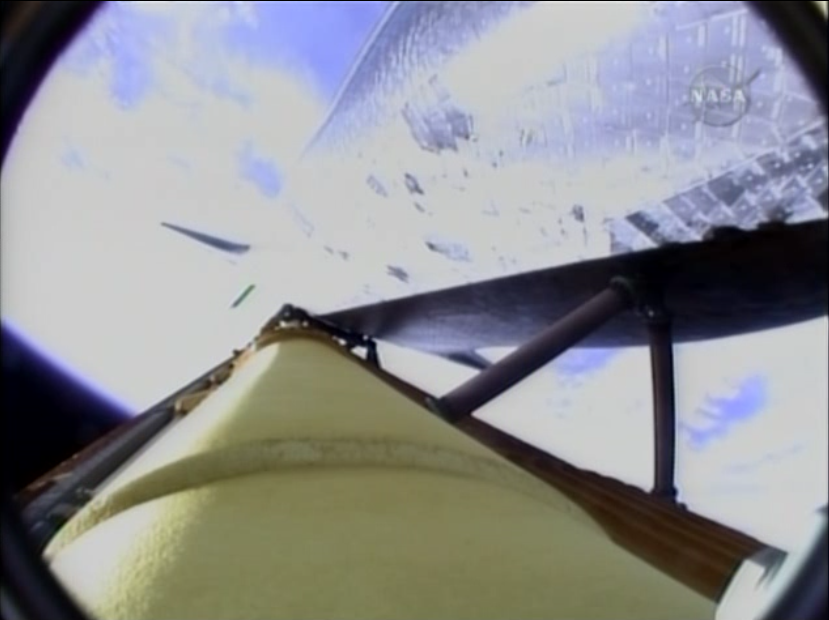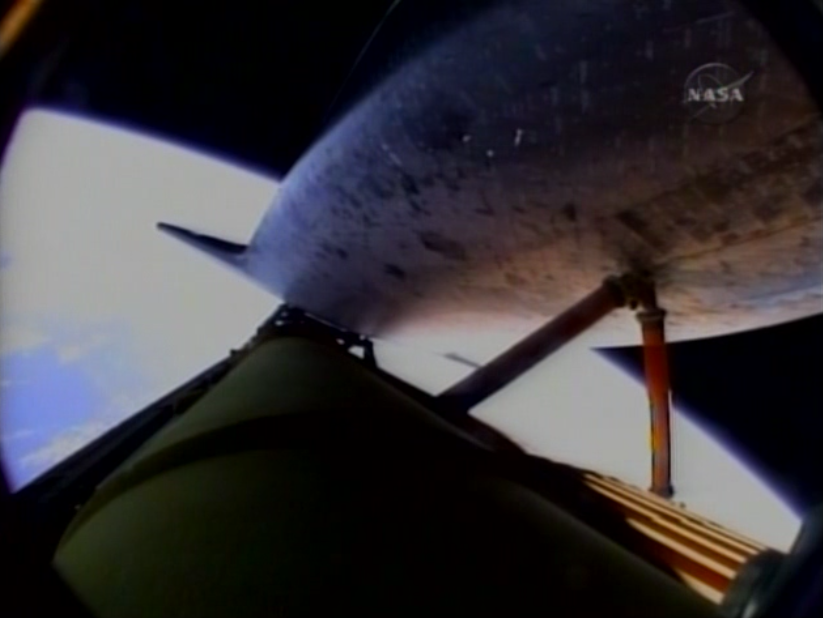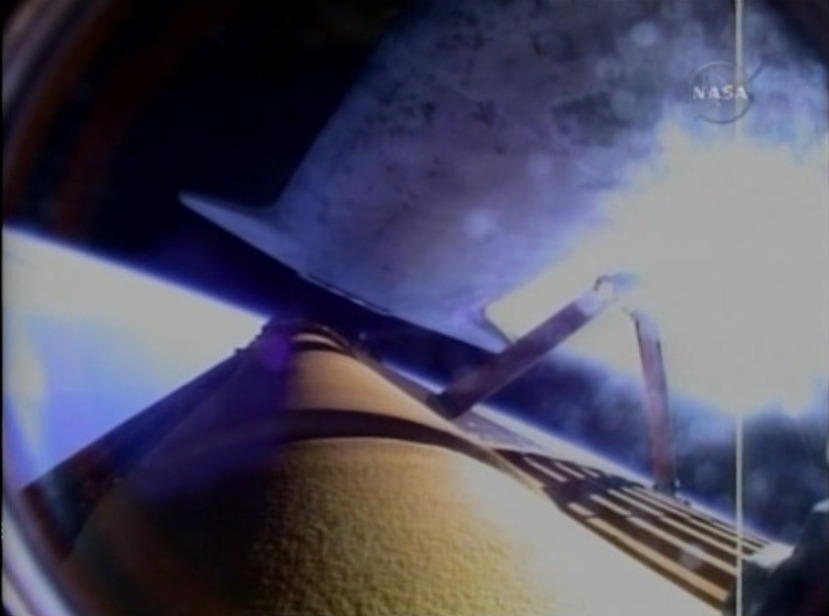Earlier today, someone I know sent me this Time article. I started reading the article, but something seemed a bit odd. To not spoil it for you, here’s the text of the article:
The computer has become a main stay of big business in the U.S., but most small and medium-sized companies still find it too expensive for normal use. Last week two of the biggest computer makers, General Electric and Control Data Corp., introduced new systems that will offer the small business man the same computer advantages as the biggest corporation. Their move to what is called “time sharing” is part of a growing trend to market the computer’s abilities much as a utility sells light or gas.
Dial for the Answer. Business some time ago began using computer centers to process data cards, count receipts or keep track of airline reservations from distant offices. Time sharing goes much beyond that. It links up as many as 500 widely separated customers with one large computer, lets each feed its own problems to the machine by telephone through a simple typewriter console. The time-sharing computer can answer questions in microseconds, is able to shift back and forth swiftly among the diverse programming needs of many companies, small and large.
Although still in its infancy, time sharing is already being used by business, government and universities. Boston’s Raytheon Co. prepares contract proposals, and Arthur D. Little solves problems in applied mechanics through a time-sharing system run by Cambridge’s Bolt Beranek & Newman. An other time-sharing firm, Keydata, will soon take up the problems of Boston distributors of liquor, books, automobile parts and building materials. Control Data, which introduced two time-shared computers last week, will open the U.S.’s biggest sharing center in Los Angeles next year. General Electric already has 88 customers, last week added a New York center to its service centers in Phoenix and Valley Forge, Pa.
From New York, IBM gives shared-time services to 50 customers, including Union Carbide and the Bank of California. Under G.E.’s system, a company can rent the big G.E. 265 for 25 shared hours a month for only $350, compared with a normal monthly rent of $13,000 for individual computers.
Plugging Them In. Some companies have discovered that time sharing has reduced to one-fiftieth the time needed to answer a problem, have found access to a large computer more profitable than ownership of a small or medium-sized machine. The Massachusetts Institute of Technology, one of the pioneers in time sharing, now has 400 users for its IBM 7094 computer, has served scientists as far away as Norway and Argentina. Experts predict that by 1970 time sharing will account for at least half of an estimated $5 billion computer business, will be used as widely and easily as the telephone switchboard.
Yep, that’s right, this article is dated: Friday, Nov. 12, 1965. :)














